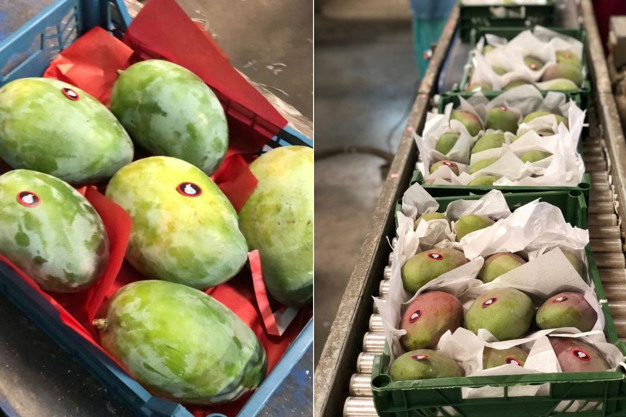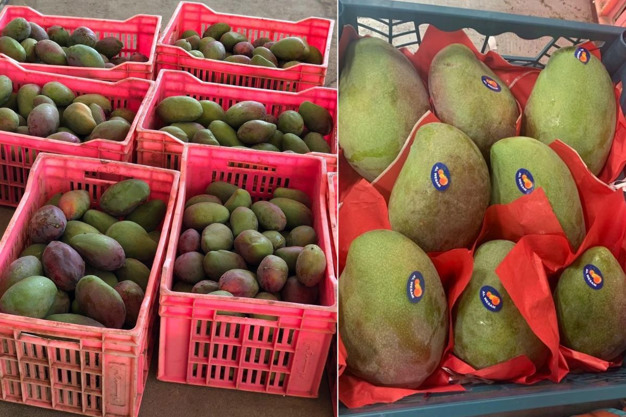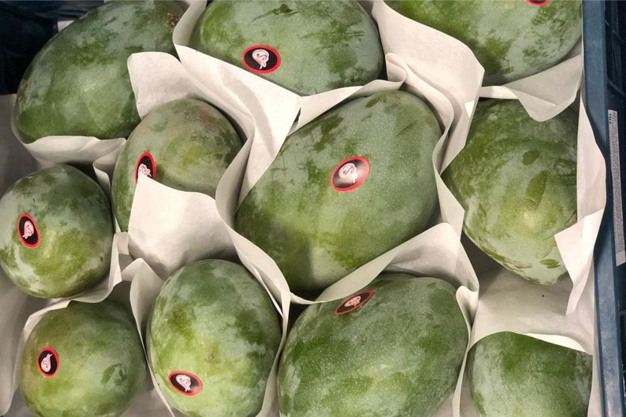The Egyptian mango season ended in early November. The season was very eventful, with mixed reviews from exporters. Mahmod Allam, CEO of Citrus Agro, for his part, gives a positive assessment, praising a "greatly successful season."

The season began with a high production volume, estimated by industry sources at 2 million tonnes on 100,000 hectares. Several exporters complained during the season that prices had fallen due to overproduction. The fall in prices occurred immediately after the start of the season, with a drop of around 15% compared to the beginning of the previous season.
However, Allam reports that the season ended on a high note, and the prices obtained for Egyptian mangoes are satisfactory: "Volume is important, but the destinations for Egyptian mangoes are numerous and diversified. The Russian and Gulf markets pull large volumes towards the end of the season, which improved prices."

The range of prices was indeed uneven throughout the season, as Allam reports: "Average prices during the season were between 700 USD and 1400 USD FOB per tonne. On average, prices were on the same level as the previous season. Despite the abundant supply, demand has been there."
Demand for Egyptian mangoes came from Russia in particular, which pulled in large volumes, according to Allam. He continues: "Exports to Russia were constant and increased considerably towards the end of the season. Orders came mainly from supermarkets."
"The summer also brought strong demand from the Gulf countries, where mangoes are consumed a lot when the weather is hot. Here, I'm talking mainly about Saudi Arabia, a traditional destination for Egyptian mangoes."
"We exported a lot to Europe too, especially to the Netherlands via the port of Rotterdam," the exporter adds.

Massive production has also helped Egypt dominate exports to various smaller markets this season. According to Allam, "Morocco was among the destinations that stood out." Meanwhile, In West Africa, exporters had a tough season. One Senegalese exporter reported fierce competition with Egypt and shared that far fewer Senegalese mangoes found their way to Morocco and were replaced by Egyptian mangoes.
Egyptian growers were helped by a marked improvement in quality compared with the previous season. Ayman Hamouda, director of the Horticulture Research Institute in Cairo, told the Egyptian newspaper Al Ahram "a lack of significant crop issues this year, contrasting with the challenges faced in previous years due to climate change and adverse weather conditions."
The overproduction is explained by an increase in acreage, and also by more favorable weather conditions. Hussein Abu Saddam, president of the Farmers' Union, in a statement to Al Ahram, attributes the increase in production to "an early flowering that preceded this year's heat waves, thus improving the trees' resistance".
For more information:
Mahmod Allam
Citrus Agro
Tel: +20 128 397 5058
Email: [email protected]
www.citrusagro.com
